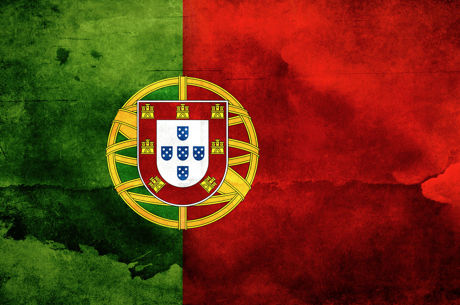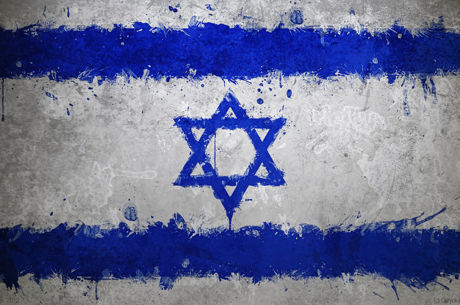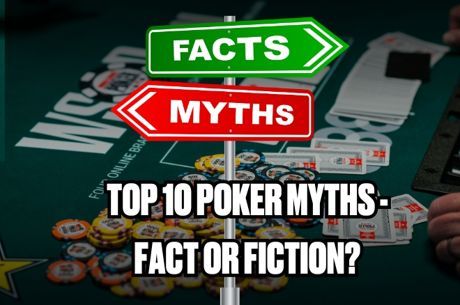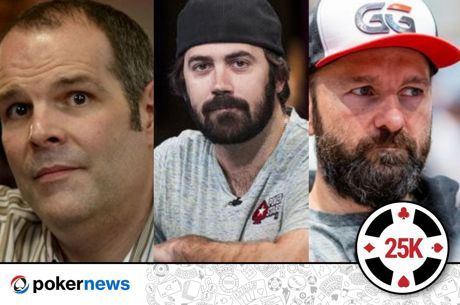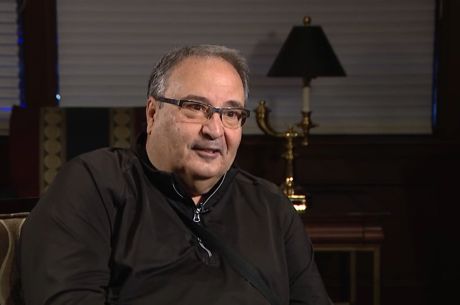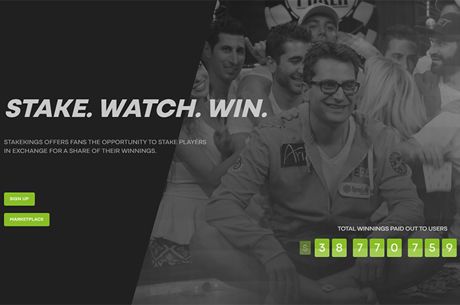Top 10 Stories of 2016, #8: Online Gaming Marketplace Consolidates

This year's Top Stories are brought to you by the VerStandig Law Firm, LLC. Combining a keen understanding of the gaming world and an equally keen understanding of the law, Mac VerStandig and his colleagues are devoted to fighting on behalf of the poker community and its members.
One trend throughout 2016 was the consolidation in the gaming industry. The year kicked off with the finalization of one of the mergers that made the top 10 stories of 2015.
GVC Completes Takeover of bwin.party
On Feb. 1, GVC Holdings Plc completed its takeover of the online gambling giant bwin.party digital entertainment plc, owners of the partypoker brand for an estimated ��1.118 billion ($1.71 billion).

At the time, Amaya Inc., the owners of the PokerStars and Full Tilt brands, was involved with a bid as was 888 Holdings, the owners of the 888poker brand, in a completely separate bid. At the end of 2015, shareholders agreed with an overwhelming 99.1 percent of the vote to approve the GVC Holdings' standalone bid. It appears with no reported issues through 2016 that the transaction went smooth.
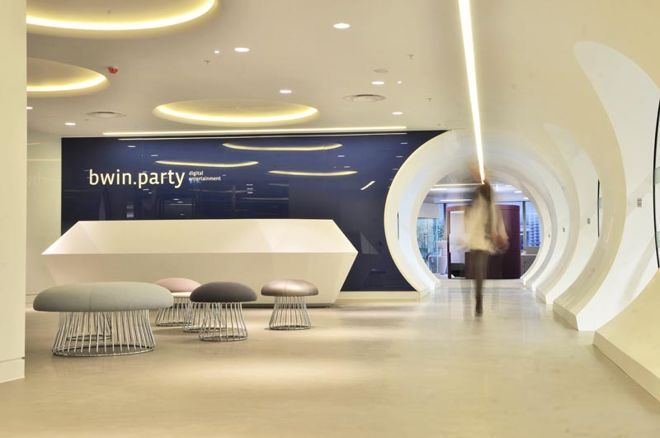
Labrokes and Gala Merge
British betting and gaming companies and former rivals Ladbrokes and Gala Coral agreed on a merger valued at an estimated ��2.3 billion ($3.4 billion) in the middle of 2016 to become the largest bookmaker in the United Kingdom called Ladbrokes Coral.
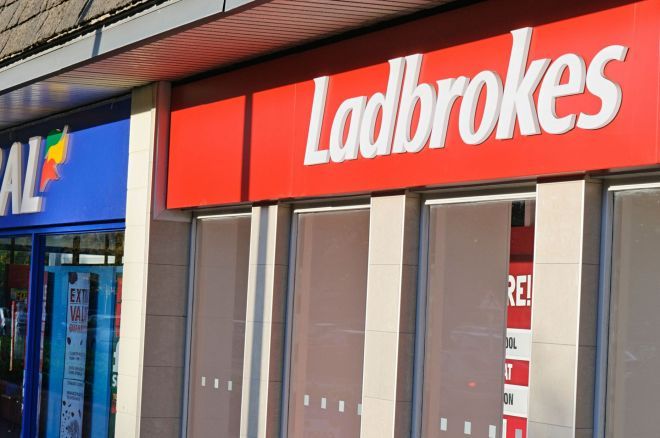
However, the deal was stuck in regulation for quite some time and didn't complete until November 2016. One of the hurdles was from the Competition and Markets Authority��s (CMA) ruling that Ladbrokes and Gala Coral must sell 359 betting shops for them to authorize the merger.
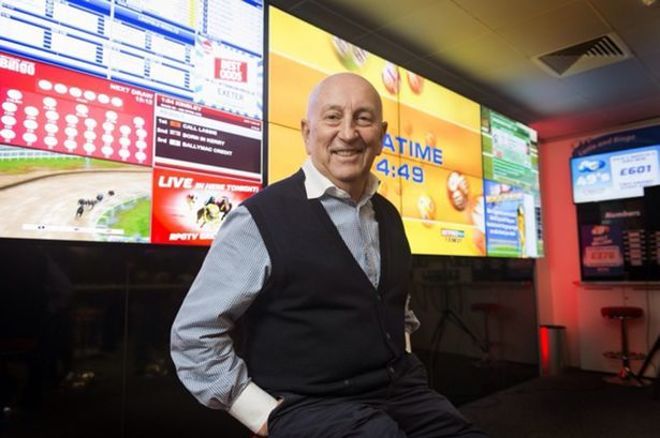
Irish bookmaker Boylesports was vying for the shops, but was locked out after agreements took place with Betfred to purchase 322 shops for ��55 million in cash and with Stan James to acquire 37 shops for ��500,000 in cash.
Just following the completion of the merger, news circulated that GVC Holdings was discussing a ��3.2 billion ($3.9 billion) reverse takeover of Ladbrokes Coral, which amounted to a 30 percent premium on the stock. While talks fell apart in the middle of December 2016, this may lead the industry to believe that further consolidation of the gaming industry is possible in 2017.
William Hill Involved in Two Failed Merger Discussions
In 2015, 888 Holdings rejected a $1.14 takeover bid from William Hill plc. The tables were turned in July 2016 when 888 Holding and Rank Group, the latter being the owners of the Grosvenor Casinos brand, presented a ��3 billion takeover bid to acquire William Hill.
In August, William Hill's board unanimously rejected the offer from 888 Holdings and Rank Group, calling it "highly opportunistic."
A month later, William Hill was in the news again with a possible "all-share merger of equals" with Amaya Inc.

However, William Hill walked away after Parvus Asset Management, the leading shareholder of William Hill stock with a 14.3 percent stake, announced they'll be opposing any merger, citing that Amaya's core businesses was mature.
Amaya disputed these claims with the company's Vice President of Corporate Communications Eric Hollreiser responding with a PokerStars Blog post titled, "A Response to Inaccuracies Regarding our Business,". Among the many things Hollreiser discussed was a perceived inaccuracy of the company's EBITDA figures, the potential opening of new markets, the growth of active customers and the shift of traffic from ring games to tournaments including the lottery-style Spin & Go format.
To its credit, PokerStars grew its company at the end of the year by becoming the first poker site to relaunch its operation in the newly regulated Portuguese market. PokerStars Portugal is currently the third biggest online poker network by itself according to ring game figures compiled by PokerScout.
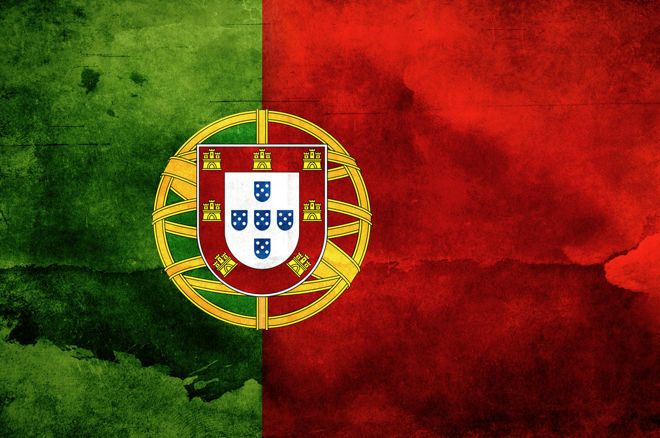
PokerStars and Full Tilt Become One
In February 2015, Amaya Inc. announced that Full Tilt, which was previously independently run as a separate online poker network, would merge its poker liquidity onto the PokerStars platform in the spring. The migration took place without many issues regarding player balances and rewards consolidation into one account.
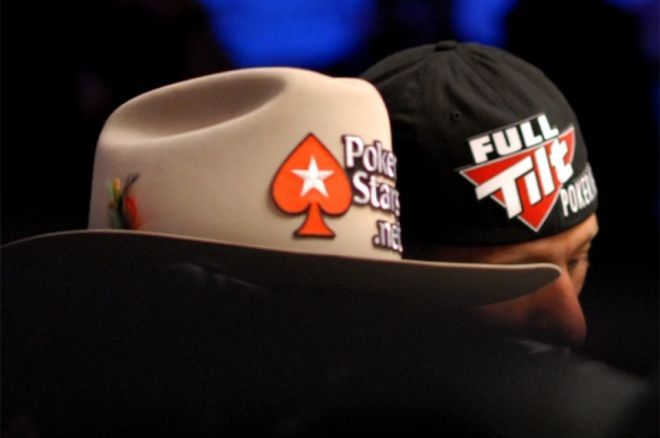
After the merger, PokerStars noticed a negligible difference in traffic and the action on Full Tilt was in a steady decline. While players can still log into Full Tilt, it is now basically a skin for games on PokerStars and, in effect, removing an independent network in Full Tilt from the industry.
PKR Poker Joins Microgaming
For many years PKR Poker was the home to many recreational players due to its award-winning 3D software. In February 2016, the online poker room migrated to the Microgaming Poker Network, which is also focused on the recreational player.
PKR Poker kept its software intact, but was able to offer its players more robust offerings thanks to significantly larger player liquidity after the migration. This is likely one of the many reasons Microgaming was one of the few poker networks able to increase its traffic during the year. At the end of the day, however, the result of the migration left one less independently run poker network available to online poker players.
Ongame Closes
Ongame, one of the leaders of the online poker market in its formative years, closed its online poker rooms in October with many of the bigger names migrating over to other networks including the iPoker Network and the Microgaming Poker Network.
Ongame's decline began after the network restricted players from the United States after the 2006 Unlawful Internet Gambling Enforcement Act was passed into law. In the years that followed, a number of owners took hold of the company, including Amaya.
The parent company of PokerStars and Full Tilt took ownership of the company for some time, but Ongame's steady declines eventually resulted in the sale of the company.
NYX Gaming Group Limited acquired OpenBet in April 2016 and confirmed the sale of Ongame's poker product in the U.S. market, which ultimately never amounted to anything.
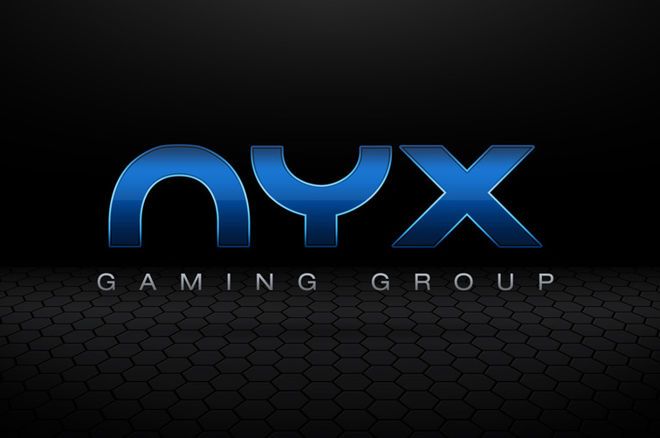
NYX Gaming Group Limited was never able to grow the player base which stood slightly above a seven-day rolling average of 100 ring-game players according to PokerScout and another poker network further reduced potential offerings in the online poker marketplace.
Bovada's Poker Business Sold to Ignition Casino
Bovada, the unregulated, and largest U.S.-facing online poker site according to PokerScout, discontinued its poker offering as of Sept. 30 and sold this portion of its business to Ignition Casino. Traffic declined slightly since the sale, however, it is still the biggest U.S.-facing online poker site, offering the same games it once did while Bovada operated the online poker room.
Just before Ignition fully took over from Bovada, the Kahnawake Gaming Commission and The New Jersey Division of Gaming Enforcement reached a deal to prevent both companies from accepting U.S. customers. As of Sept. 1, Kahnawake was no longer the licensing body of Ignition, so this announcement may not have had any influence on how Ignition runs its business.
Galfond Announces New Poker Site, Lichtenberger Launches One
Many high-volume poker players were unhappy with changes at PokerStars and the consolidation taking place in the industry itself. Two high-profile players, Phil Galfond and Andrew Lichtenberger, announced they plan to help change the course of online poker (with less offering and less competition) by attracting players though low-rake and high-value rewards.
Galfond kicked things off in September when he announced on his own training site RunItOnce.com his plans to launch an online poker room in the near future. While few details were shared, many poker players expressed their excitement on a variety of poker forums and via social media.
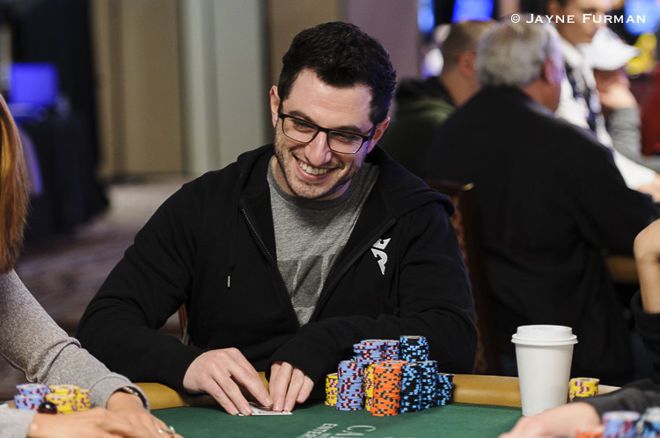
In December, Lichtenberger took things a step further by announcing the beta launch of LuckyChewyPoker.
(1) Greetings everyone, I am pleased to announce that https://t.co/1QseAK7GeR is live with play money gaming for you to enjoy at this point
— Andrew Lichtenberger (@luckychewy)
��We are excited to continue to promote and share the game we all love," Lichtenberger said.
Only time will tell how these new ventures proceed and how the industry will change in the coming year, but 2016 has been a busy one for market consolidation.
The VerStandig Law Firm, LLC represents poker professionals, sports bettors and advantage players across the United States. The firm assists clients in connection with legal issues including personal LLC formation and operation, tax planning that focuses on gaming deductions and exemptions, casino disputes, and personal matters spanning from divorce to criminal dust-ups.
In this Series
- 1 Top 10 Stories of 2016, #1: Qui Nguyen Wins the 2016 World Series of Poker Main Event
- 2 Top 10 Stories of 2016, #2: Once-In-a-Lifetime Heater for Fedor Holz
- 3 Top 10 Stories of 2016, #3: The Mercier Bracelet Bets That Shook the Poker World
- 4 Top 10 Stories of 2016, #4: Big Changes at PokerStars
- 5 Top 10 Stories of 2016, #5: William Kassouf Dominates ESPN
- 6 Top 10 Stories of 2016, #6: Prop Bets Grab Headlines
- 7 Top 10 Stories of 2016, #7: Chris Ferguson and Howard Lederer Return
- 8 Top 10 Stories of 2016, #8: Online Gaming Marketplace Consolidates
- 9 Top 10 Stories of 2016, #9: GPL Holds Season 1
- 10 Top 10 Stories of 2016, #10: Big One For One Drop Open to Recs Only


